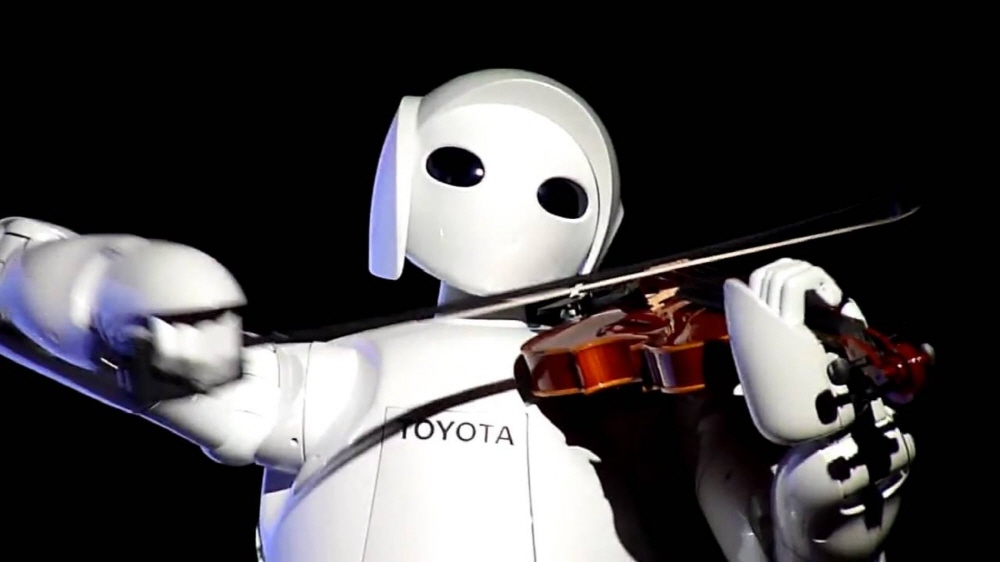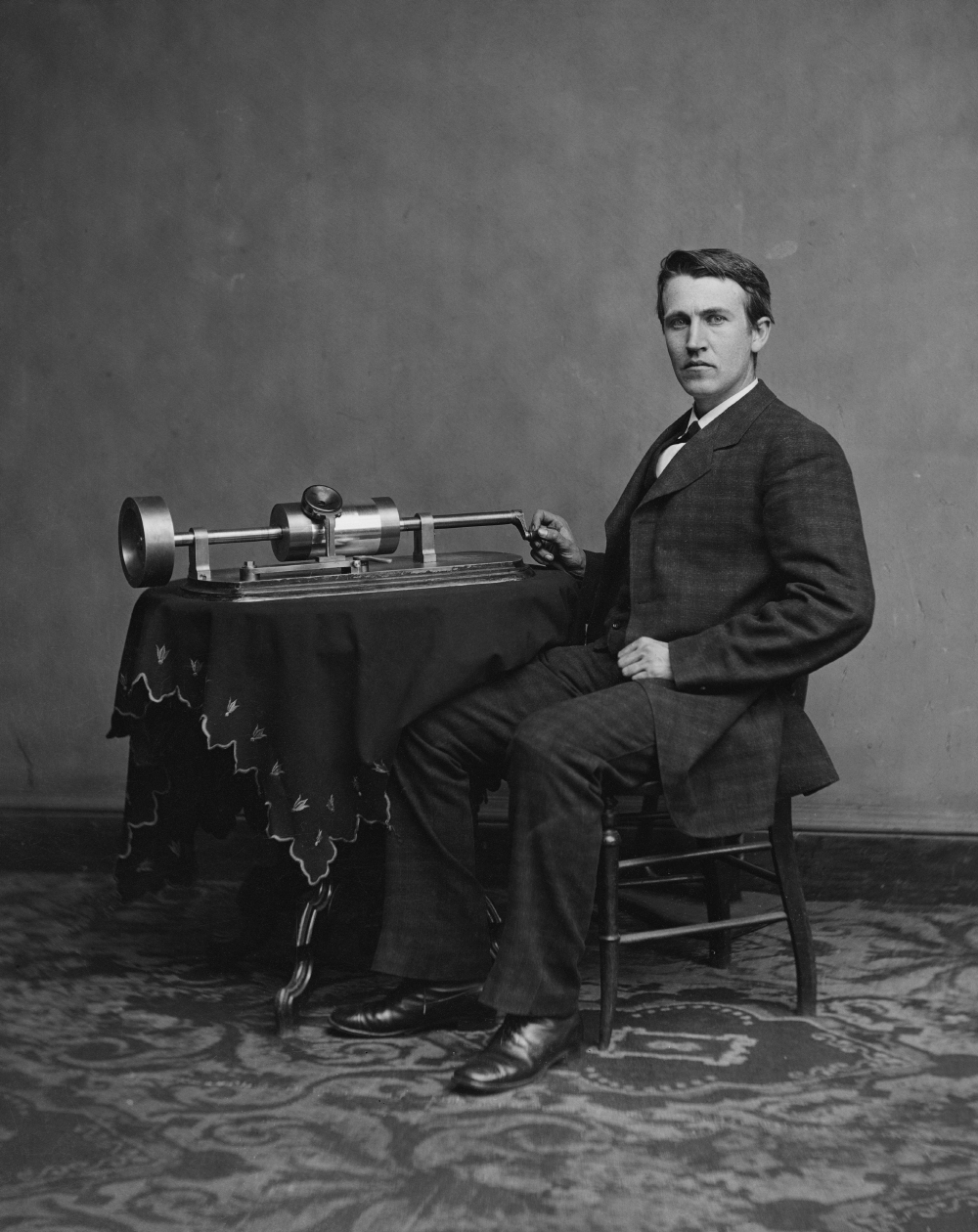
Todd Makova, a composer who is a lecturer at MIT Media Lab and a visiting professor at the Royal Academy of Music, is also interested in technology, such as dealing with operas featuring robots. As such, he attracts attention by revealing how technology will affect the future of music.
Music has long been listening to playing instruments and songs. However, when Edison invented the first phonograph in 1877, this led to a new concept of playing and listening to previously recorded music. It is the spread of the Internet that Camova points out as an event after the concept of recording was born.

With the advent of the Internet, music can be reproduced virtually infinitely with software without relying on physical media such as LPs or CDs. Music became more and more familiar with these changes in the environment, but on the other hand, it led to a flood of music without freshness. It is said that this current supermarket-like music seems to be flowing in an elevator, which is called elevator music.

In the midst of this, streaming is the focus of Makoba as a place where live music is born. It is pointed out that streaming ubiquity and liquidity are the keys to making something really new. It emphasizes the possibility of streaming where you can enjoy dynamic music wherever you are with an Internet environment.
In the background, Makoba’s insistence on streaming is that recorded music is only a static record. In a sense, the sharpest cut of this idea is John Cage’s 4:33. With the concept of listening to various noises inside and outside the venue without playing any instrument, this song can be said to be the essence of Cage’s contingency music.
Makoba quoted an anecdote that when the Beatles ceased in the 1970s, producer George Martin said he wanted to re-record the entire song he had released so far. Say you can’t.
Makoba says that the elements of future music that will appear instead of recorded music are evolving music. Existing pop songs contain more than a thousand different sounds if there are many, but the countless sounds recorded are edited into one song by promoting with a small number of tracks in the process of mixing down.
On the other hand, evolving music will be provided in a state where anyone can easily mix and add new sounds from apps or software connected to the cloud. Music delivery by these apps is done in both directions, so listeners and other artists can collaborate on remix covers as much as they want. As the composer creates the contents jointly by the listeners, this framework with the possibility of infinite evolution of music is expressed by Makoba as procedurally generated contents.
In the finest art of the world by pianist Glenn Herbert Gould, Makova reflects on the future of music, citing that the audience is the artist and their lives are art. Related information can be found here.


